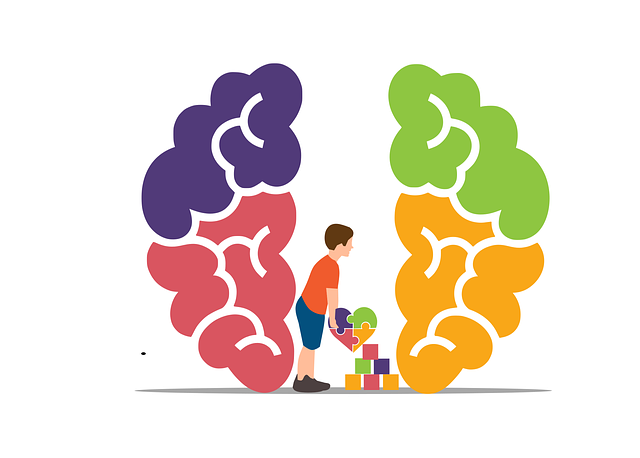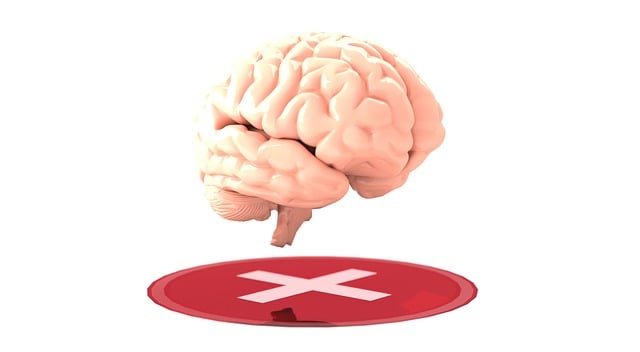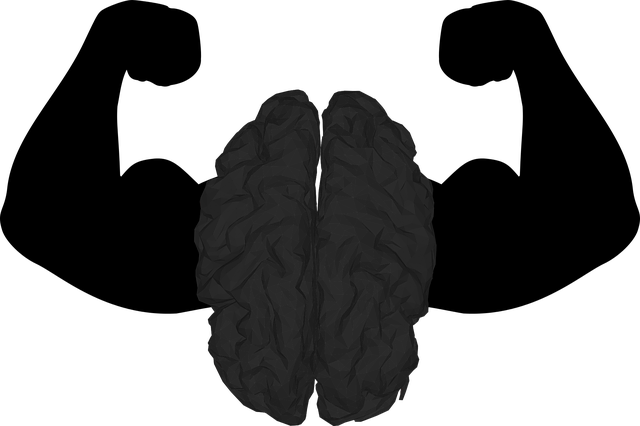Northglenn employs a multi-faceted approach to mental health data collection, utilizing innovative strategies like Exposure and Response Prevention (ERP) Therapy. ERP helps residents manage anxiety through gradual exposure, fostering community resilience. Data analysis identifies trends, gaps in services, and informs targeted interventions. This analytical process optimizes resource allocation for personalized treatment plans, including ERP, enhancing overall mental well-being with evidence-based practices. By leveraging data-driven insights, Northglenn ensures tailored care for each resident's unique mental health needs.
In Northglenn, mental health data analysis is transforming the way we approach treatment. This article explores the power of data collection in understanding the effectiveness of therapies like Exposure and Response Prevention (ERP) for local residents. By delving into data analysis techniques, we uncover insights that drive effective treatment plans. From identifying patterns to enhancing patient care, these data-driven approaches are revolutionizing mental health support in Northglenn, offering hope and improved outcomes for those seeking help.
- Understanding Mental Health Data Collection in Northglenn
- The Role of Exposure and Response Prevention (ERP) Therapy
- Analyzing Data for Effective Treatment Plans
- Interpreting Results: Identifying Patterns and Trends
- Enhancing Patient Care through Data-Driven Insights
Understanding Mental Health Data Collection in Northglenn

In Northglenn, Mental Health data collection is a multifaceted process that involves various strategies to gain insights into the psychological well-being of its residents. The city has embraced innovative approaches like Exposure and Response Prevention (ERP) Therapy to address specific mental health concerns. ERP Therapy, for instance, helps individuals confront and manage fears or anxiety responses through gradual exposure, fostering resilience building within the community. This therapeutic method not only aids in mood management but also contributes to enhancing overall Mental Health Awareness in Northglenn.
Data is meticulously gathered from various sources, including local healthcare facilities, schools, and community centers, to paint a comprehensive picture of the mental health landscape. By analyzing these data points, experts can identify trends, gaps in services, and areas where interventions like resilience-focused programs can make the most significant impact. This analytical approach enables informed decision-making, ensuring resources are allocated effectively to support the mental well-being of Northglenn residents.
The Role of Exposure and Response Prevention (ERP) Therapy

Northglenn Exposure and Response Prevention (ERP) Therapy plays a pivotal role in mental health data analysis, particularly for conditions like anxiety and depression. This evidence-based approach helps individuals confront and manage distressing situations or thoughts, fostering emotional regulation and preventing recurrence of symptoms. By gradually exposing patients to feared stimuli while teaching them new, healthier responses, ERP empowers them to overcome their fears and improve overall well-being.
The effectiveness of Northglenn ERP extends beyond traditional therapy settings, integrating compassion cultivation practices that promote self-kindness and mindfulness. This holistic approach not only aids in Depression Prevention but also equips individuals with skills to navigate life’s challenges with greater resilience and self-compassion. Through rigorous data analysis, mental health professionals can tailor ERP strategies, ensuring personalized treatment plans that cater to each patient’s unique needs and preferences.
Analyzing Data for Effective Treatment Plans

Analyzing mental health data is a critical step in developing effective treatment plans, especially within specialized therapeutic frameworks like Northglenn Exposure and Response Prevention Therapy (ERPT). By meticulously examining patient records, therapists can uncover valuable insights into individuals’ behaviors, triggers, and responses to previous interventions. This data-driven approach allows for a more tailored and precise therapy strategy, ensuring that each session is designed to address specific needs.
For instance, ERPT practitioners might analyze patterns of avoidance behaviors and their impact on patients’ emotional well-being, incorporating this knowledge into subsequent sessions. Additionally, assessing risk factors and implementing robust risk management planning, as outlined in the Risk Management Planning for Mental Health Professionals guidelines, can further enhance treatment outcomes. Emotional intelligence, a key component of effective therapy, can also be enhanced through data analysis, enabling therapists to build stronger connections with their clients and foster healthier relationships, thereby reducing potential burnout, which is a significant concern among mental health professionals.
Interpreting Results: Identifying Patterns and Trends

When analyzing mental health data, one of the critical steps is identifying patterns and trends within the results. This process involves a meticulous examination of collected data to uncover insights that can guide effective interventions. By applying advanced statistical techniques, therapists and researchers can gain valuable perspectives on various aspects of mental health. For instance, in the context of Northglenn Exposure and Response Prevention Therapy (ERP), analyzing response patterns can help professionals understand which exposure strategies are most successful in managing specific phobias or anxieties.
Patterns may reveal correlations between emotional regulation skills taught through ERP therapy and subsequent improvements in mood management. This information is invaluable for refining therapy techniques, personalizing treatment plans, and designing more impactful Mental Health Education Programs. Additionally, identifying trends can contribute to the development of evidence-based practices, ensuring that therapeutic approaches are continually enhanced based on real-world data. Such insights foster a deeper understanding of emotional regulation dynamics, ultimately benefiting individuals seeking support for their mental health concerns.
Enhancing Patient Care through Data-Driven Insights

In today’s digital era, mental health professionals are leveraging data-driven insights to enhance patient care. By analyzing trends and patterns in patient records, therapists can tailor their approaches more effectively. For instance, Northglenn Exposure and Response Prevention Therapy (ERP) benefits from this analysis, allowing practitioners to identify specific triggers and develop personalized treatment plans. This data-informed approach ensures that each patient receives guidance tailored to their unique needs, be it through Mental Wellness Journaling Exercises, Stress Management techniques, or Empathy Building Strategies.
Through the integration of data analysis, mental health professionals can more accurately assess progress, adjust treatments as needed, and ultimately foster better outcomes. This not only improves the quality of care but also provides a more efficient and effective path to recovery for individuals seeking support for their mental wellness.
Mental health data analysis is a powerful tool for enhancing patient care in Northglenn. By understanding data collection methods, like those employed in exposure and response prevention (ERP) therapy, professionals can gain valuable insights. Effective treatment plans are forged through data analysis, enabling the identification of patterns and trends that guide clinical decisions. Ultimately, this data-driven approach revolutionizes patient care in Northglenn, ensuring treatments are tailored to individual needs and optimized for better outcomes.














